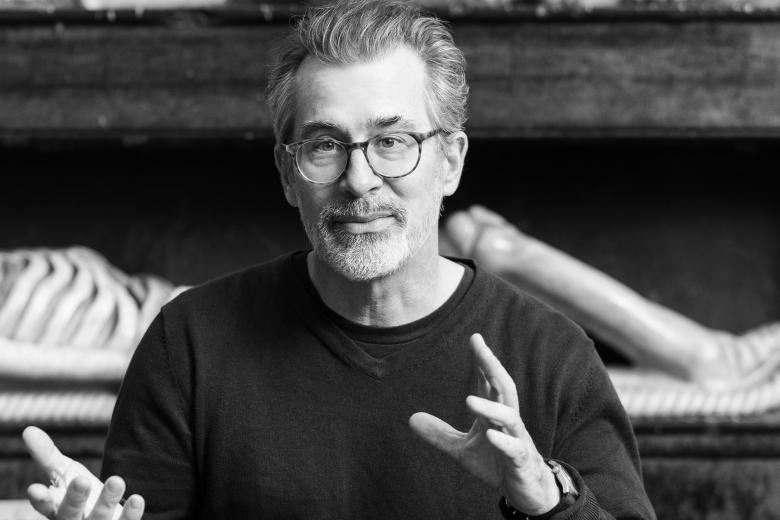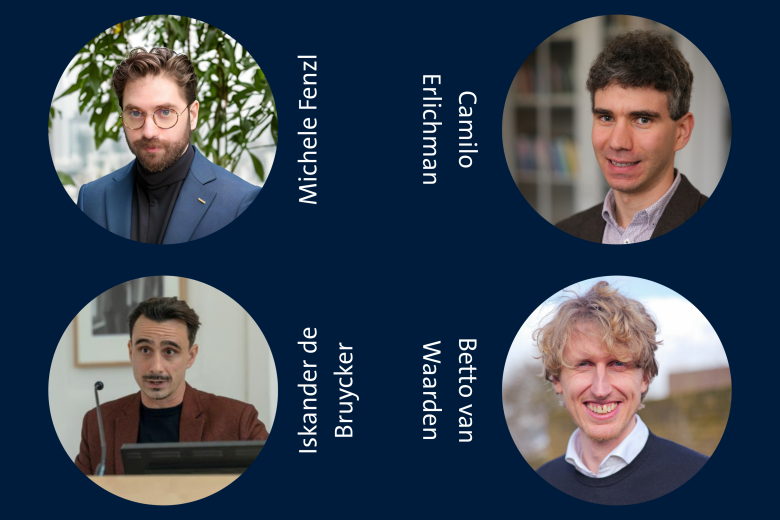Become a teacher while you study
On 28 June, eight UM bachelor's students will obtain their qualification for teaching secondary education, thanks to an Educational Minor that started at the beginning of this academic year. From July, these students will officially be able to teach at secondary schools in the Netherlands. What makes this minor unique is the collaboration between Fontys University of Applied Sciences and UM. Together, they know how to make young people enthusiastic about the teaching profession. And that is necessary, because the teacher shortage threatens to increase even more in the coming years.
Broaden
The Educational Minor started in September 2018 with third-year bachelor's students in Biomedical Sciences and Health Sciences. After they graduate, they will be qualified to teach biology to students in the Dutch secondary education levels of VMBO-TL and the lower years of HAVO and VWO. “In addition to their regular bachelor’s programme, they follow theoretical classes taught by Fontys instructors and spend one day a week in the classroom at a school of their choice”, says coordinator Juanita Vernooy. “That’s quite a challenge, but they are doing well. According to the experienced Fontys instructors, their performance is above average.”
From this next academic year, the Educational Minor will also be offered for the secondary school subjects of physics, mathematics and business economics. Third-year students in a relevant bachelor's programme will be eligible for the minor, according to the coordinator. “We’re also in discussions with the faculties to expand the subject areas we’re offering, for example with the Maastricht Science Programme for the secondary school subject of chemistry.”
Internship
Gaining practical experience is crucial for this minor. That is why the students do an internship at a secondary school one day a week. They are supported during this internship by instructors and experts from Fontys. “They provide them with the tips and advice they need to perform well in the classroom”, says Juanita Vernooy. “This way, they learn how to transfer their knowledge in the best way and how they can formulate things in relation to the students.” The programme is taught in Dutch.
Everything for employability
The most important reason for offering the minor is improving the employability of students. The minor gives them opportunities in addition to a career in research. Biomedical student Josse Hoenen is one of the first to participate in the Educational Minor: “I’m very interested in research, but sometimes I miss the interaction with people. I also like to work with young people and I want to improve my communication and organisation skills. So this minor is perfect for me.”
On 28 June, she will receive her teaching qualification together with the other seven students. “We will make it a festive occasion”, says Vernooy. There are already plans for the future: “We are currently exploring whether we can offer this programme, in addition to the minor, as an Educational Module for graduates who have a bachelor’s, master’s or PhD degree.”
Text: Margot Krijnen
Also read
-
From ‘mama’ to ‘farewell’
What do we say at the start of our lives—and at the end? In his book Bye Bye I Love You , linguist Michael Erard from the Faculty of Law explores the story behind our first and last words.
-
Rethinking defence spending: opportunities and challenges for the Netherlands and Europe
At the School of Business and Economics (SBE), academics actively contribute to public debates on issues that shape national and European policy. Prof. Dr. Mark Sanders, an expert in international economics, recently shared his insights on the implications of Dutch and European defence spending.
-
Four FASoS researchers awarded NWO XS grants
How do lobbyists use disinformation to sway policymakers? Who gets to shape the historical narrative of occupation and violence? Does growing inequality change the way citizens think about politics? And how have politicians defended “truth” across a century of media revolutions?